Description
Neujahrskarte 1901 by Albert Welti printed on a Sweatshirt
About the Sweatshirt
Regular fit
Standard length, the fabric easily gives into movement
Comfortable
The fabric and fit of this item are extra comfy
Tear-away tag
Easily removable tear-away tag that allows you to add a custom inside label
This Unisex Premium Sweatshirt has a classic crew neck, flattering unisex fit, and soft 100% cotton exterior.
- 100% cotton face
- 65% cotton, 35% polyester
- Charcoal Heather is 55% cotton, 45% polyester
- Fabric weight: 8.5 oz./yd.² (288.2 g/m²)
- Tightly knit 3-end fleece
- Side-seamed construction
- Self-fabric patch on the back
- Double-needle stitched rib collar, cuffs, and hem
- Tear-away label
Albert Welti (1862–1912)
Albert Welti was a Swiss painter and etcher. Many of his works depicted dreams or nightmares.
He was the oldest of seven children born to Jakob Albert Welti-Furrer (1833-1906), a hauler. Part of the Armée de l’Est was billeted on his grandfather’s property in 1871 and watching their activities inspired his later interest in historical scenes.
After completing his primary education, he attended the local Industrieschule, where he studied engraving with Johann Conrad Werdmüller. In 1880, he began a photography apprenticeship with his uncle Oswald Welti (1843-1932) in Lausanne, but stayed with him for only one year. In 1882, he was able to enroll at the Academy of Fine Arts, Munich and came under the influence of Arnold Böcklin, who he met in 1885. After graduating, he obtained financial support from Franz Rose (1854-1912), a generous patron of the arts.
He met and married Emmeline Wildbolz in 1894 and they settled in Höngg, a suburb of Zürich. After his father’s death, he assuaged his grief by visiting Innertkirchen and Vättis, where he created numerous pastel nature studies. After that, he worked in Munich until 1908. while there, he became friends with the author, Hermann Hesse.
His wife died, suddenly, in 1911. He died a year later, aged only fifty. His country home in Ostermundigen, near Bern, was bought by Hesse. His work was part of the painting event in the art competition at the 1924 Summer Olympics.
His best known work is probably a fresco, Die Landsgemeinde [de], in the meeting room of the Ständerat at the Federal Palace. It was left unfinished and was completed by Wilhelm Balmer in 1914. In addition to his art, he also designed postage stamps for the Swiss Post.
His son, Albert Jakob Welti also became an artist and an author. The popular Swiss singer/songwriter, Sophie Hunger is his grand niece.

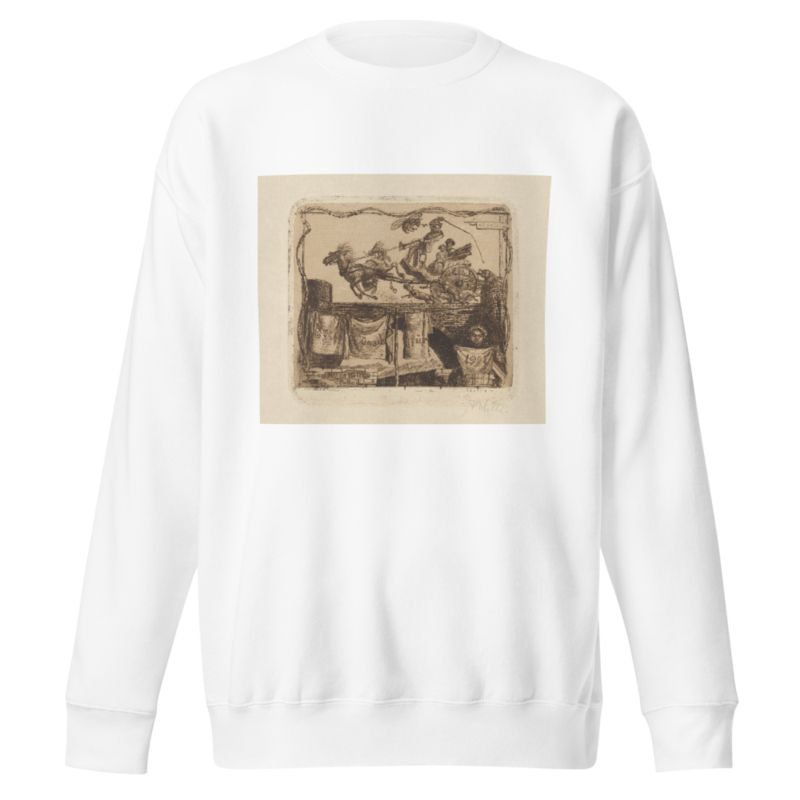
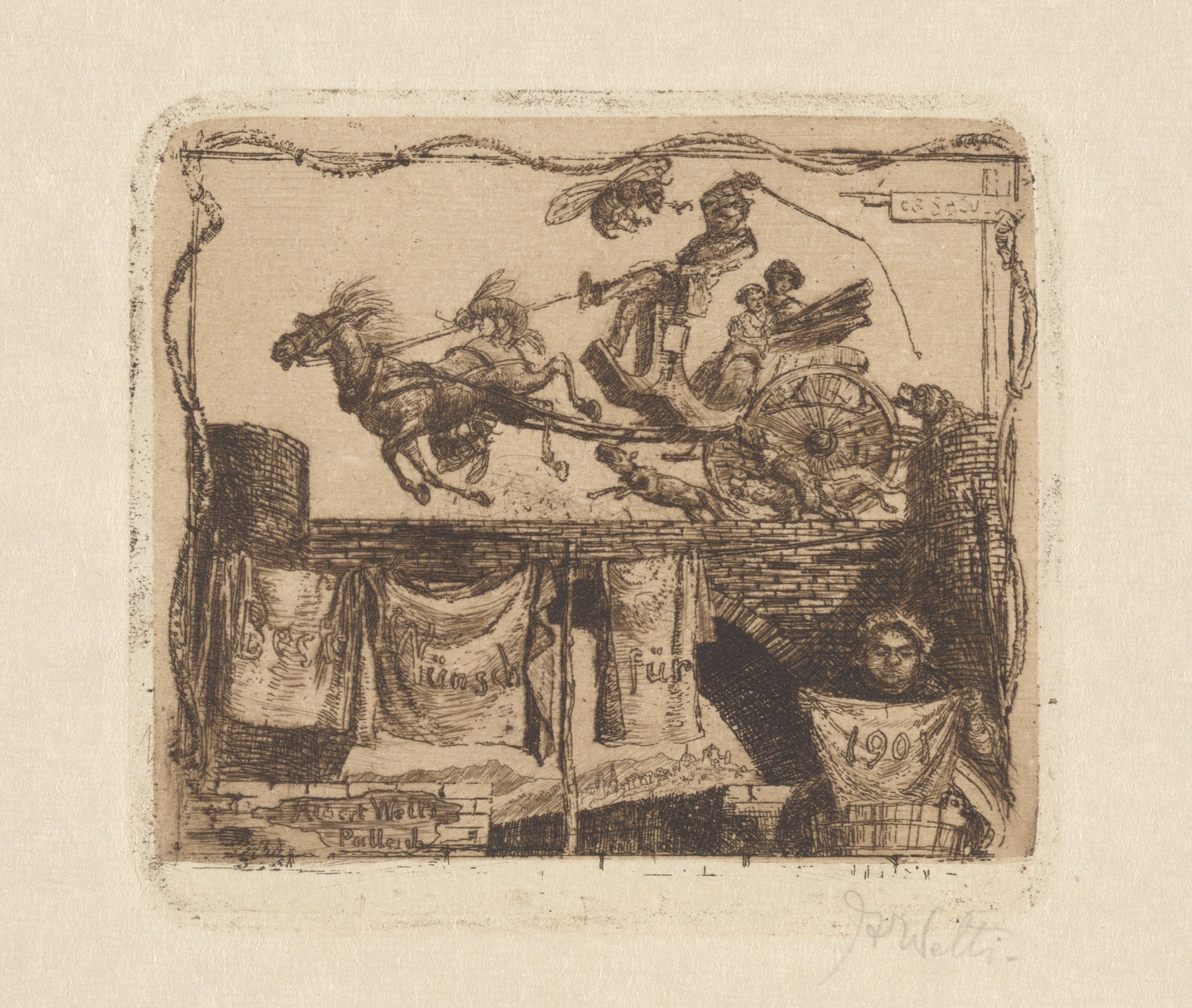
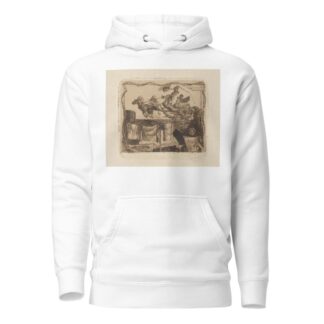
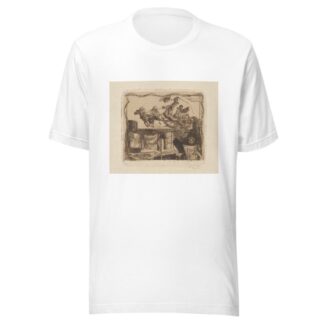
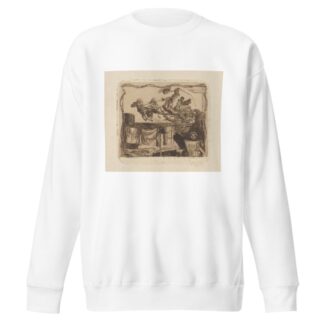
Reviews
There are no reviews yet.